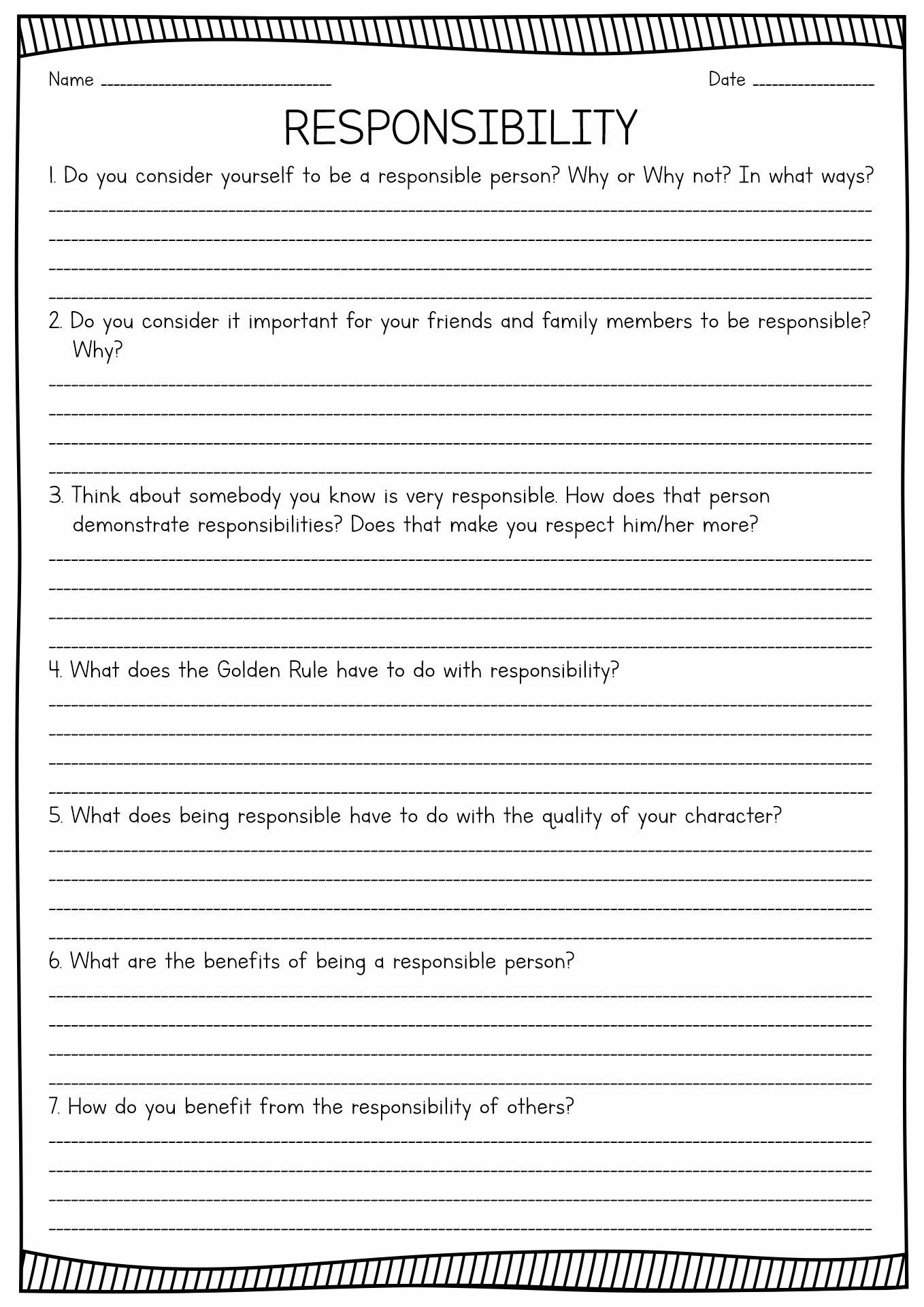Understanding the Bahá’í teachings on personal responsibility illuminates a pathway to societal cohesion and individual enlightenment. Within the intricate tapestry of Bahá’í thought, personal responsibility is not merely a concept; it is the cornerstone that supports the edifice of peaceful coexistence and progressive development. By examining this crucial doctrine, we uncover insights that resonate not only within the Bahá’í community but also with the universal quest for harmony and advancement.
The Bahá’í Faith embodies the belief that the individual is sovereign over their own actions and decisions. This sovereignty, however, comes with inherent accountability. Personal responsibility can be likened to a compass that guides one’s moral and ethical decisions. Just as a sailor adjusts their sails according to the shifting winds, individuals must navigate the complexities of life by embracing their responsibilities, thus ensuring they contribute positively to the collective well-being of humanity.
At the heart of Bahá’í teachings lies the principle that every individual is a vital thread in the vast fabric of society. The act of choosing one’s actions—whether they be altruistic or otherwise—inevitably impacts others. This interconnectedness suggests that personal accountability extends beyond mere self-regulation; it encompasses a profound understanding of one’s influence on communal harmony. Hence, it is through the lens of elevated personal responsibility that one can appreciate the importance of fostering an environment conducive to peace.
Moreover, the Bahá’í texts articulate that personal responsibility is intrinsically linked with the pursuit of knowledge and self-improvement. It posits that individuals have an obligation to cultivate their own intellect and character, engaging in rigorous moral and scholarly development. As one seeks to rise above ignorance and prejudice, so too does one elevate the consciousness of society. This organic growth can be seen as a ripple effect; each individual’s commitment to personal development propels the collective forward, enhancing societal enlightenment.
In considering the historical context, one notes that the Bahá’í Faith emerged during a tumultuous period marked by conflict and division. Herein lies an intriguing metaphor: the role of responsibility in the face of adversity can be likened to a lighthouse steadfast against a stormy sea. Just as the lighthouse guides vessels to safety amidst turbulent waves, individuals who embody personal responsibility can illuminate paths of resolution and understanding. This guidance is particularly salient in today’s sociopolitical climate, where division often prevails over unity.
The Bahá’í teachings emphasize the importance of unity in diversity. The recognition that each individual brings unique contributions to the greater whole necessitates a heightened awareness of one’s responsibilities towards others. It is within this context that the concept of personal responsibility transcends self-interest. By honoring the intrinsic worth of every person and acknowledging the diverse perspectives within a community, individuals can promote dialogue and mutual understanding, paving the way for enduring peace.
Furthermore, the challenge of personal responsibility calls for both courage and humility. It requires individuals to confront difficult truths about themselves while simultaneously empathizing with the struggles of others. The act of assuming responsibility can often provoke discomfort, yet it is through this discomfort that genuine growth occurs. The Bahá’í Faith teaches that humility is a virtue deeply intertwined with personal responsibility. It is the understanding that one is a servant to humanity, committed to fostering relationships built on trust, compassion, and respect.
The role of personal responsibility also manifests in the principle of service to humanity. Bahá’í teachings assert that to serve others is to fulfill one’s purpose on earth. This notion aligns with the belief that individual fulfillment is realized through collective advancement. Acts of service, whether grand or understated, sow the seeds of change and exemplify the transformative power of personal responsibility. When individuals prioritize the welfare of others, they not only elevate themselves but also catalyze progress within their communities.
The relationship between personal responsibility and spiritual growth is yet another dimension of Bahá’í thought. Spirituality in this context is not detached from daily life; rather, it permeates every action and decision. The teachings implore individuals to see their responsibilities as sacred duties, inviting them to cultivate virtues such as patience, kindness, and forbearance. This spiritual dimension enriches the concept of personal responsibility, transforming it into an avenue for both self-discovery and communal healing.
In conclusion, the Bahá’í teachings on personal responsibility illuminate a multifaceted approach to peace and progress. As individuals embrace their roles as active participants in society, they wield the potential to inspire change, foster unity, and cultivate a spirit of service. The journey begins with an earnest commitment to one’s ethical duties, guided by the understanding that in uplifting oneself, one simultaneously uplifts humanity. The metaphor of the lighthouse thus captures the essence of personal responsibility—a steadfast beacon illuminating the path toward a more harmonious and progressive world, symbolizing hope for generations to come. By internalizing these teachings, individuals not only enhance their own existence but contribute to the flourishing of the entire human family, forging a legacy of peace for future generations.
